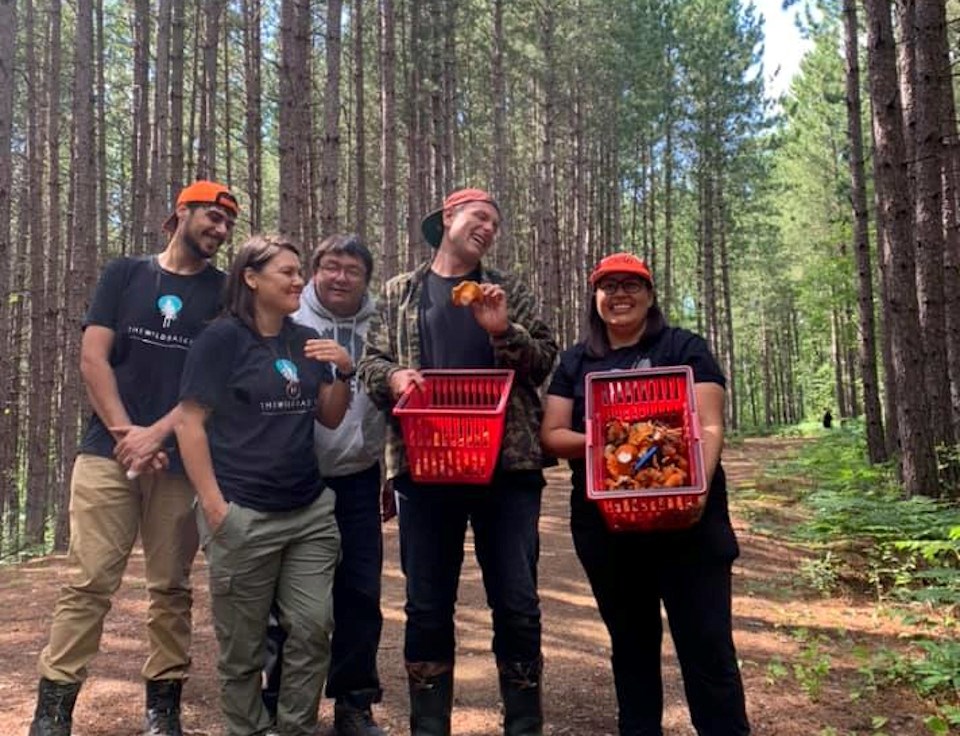The Toronto mining company that's overhauling a metals refinery outside the town of Cobalt has launched a unique environmental and community initiative with an area First Nation.
First Cobalt is working with Timiskaming First Nation on a two-year study to assess the historic impact of settlement, logging, mining and industrial processes on the ecosystem in the former Cobalt mining district.
Specifically, this tag-team study is examining the long-term impact on medicinal plants and mushrooms in this area of the Timiskaming region.
The company said it's funding the study which will support the Wild Basket initiative, a community project run by the First Nation that harvests and sells wild products such as edible mushrooms, plants and berries from their traditional territory.
First Cobalt's refinery, located five kilometres northeast outside the town of Cobalt, sits on Timiskaming First Nation's traditional land.
The reserve of more than 1,600 members is located just north of Lake Temiskaming in the Abitibi-Témiscamingue region of Quebec.
Want to read more stories about business in the North? Subscribe to our newsletter.
The area around the town of Cobalt was heavily mined after silver and cobalt was discovered in 1903, with intensive activity continuing into the early 1930s.
There were many processing operations and the waste rock was dumped across the landscape. Mining operations continued on a reduced scale up until 1989.
First Cobalt said the field survey has already started to identify priority medicinal plants and mushrooms for future monitoring. The First Nation is providing their ecological knowledge of the land to the partnership while the company brings forward its expertise in metals and remediation.
Sign up for the Sudbury Mining Solutions weekly newsletter here.
Samples will collected and chemically analyzed to identify any existing heavy metals content and other potential contaminants of concern. The company wants to use this study to establish an environmental baseline for plants in the area.
Results from the study will support the Wild Basket initiative started in 2019 by Ni Dakinan, the natural resources and heritage department of the Timiskaming First Nation, with the idea of creating a sustainable business model where edible plants can be harvested and sold.
Among the benefits of this study, the news release said, is cultural reclamation, stewardship of the land, food security, economic and community development, mentorship and training.
"We are looking forward to our partnership with First Cobalt to initiate this study that will produce meaningful data that is important to our community," said Timiskaming First Nation Sustainable Development Manager, Lindsay McLaren Polson in a statement.
Company president Trent Mell said their participation is in keeping with First Cobalt's commitment to sustainable business practices.
"This program aligns with our commitment to industry-leading ESG (Environmental, Social and Corporate Governance) practices and we hope that this partnership will help the Wild Basket Initiative thrive," said Mell in the release.
"It is our great pleasure to partner with Ni Dakinan on a local study of wild plants, mushrooms and berries to increase our collective knowledge and learn how to minimize the impact of human activity on the environment. We have been consulting with the Timiskaming First Nation since 2017 and we are grateful for the insights and input that we have received."




